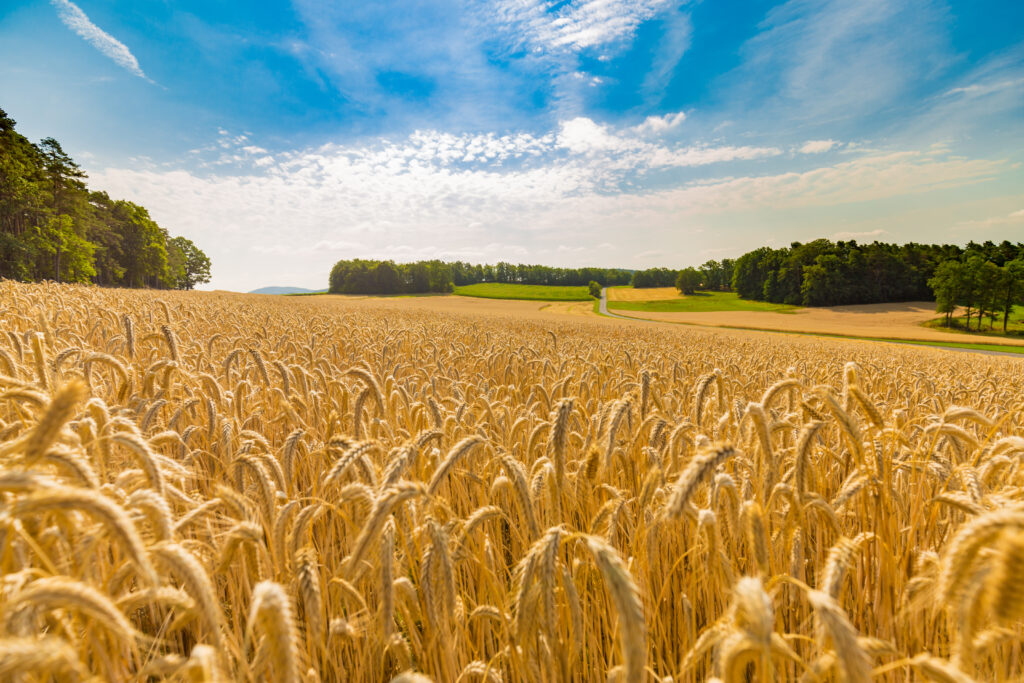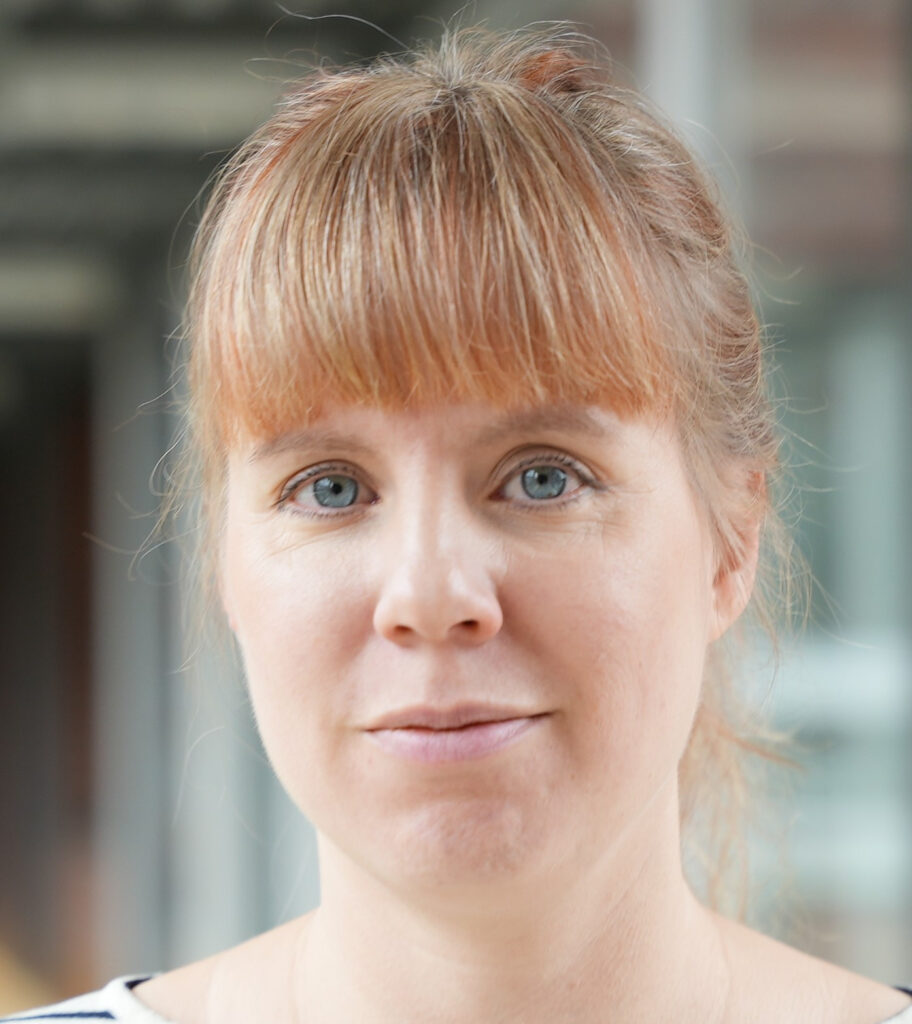Meet the researcher: discovering the next big ingredients in plant-based protein with Karolina Östbring
30 March 2023
The plant-based industry has only begun to scratch the surface of what ingredients can be used to create more sustainable food, according to researcher Karolina Östbring.


Name: Karolina Östbring
Job title: Associate professor, department of food technology, engineering and nutrition. Head of plant protein processing research group.
Organisation: Lund University
Sustainable protein specialism: Plant-based
The plant-based industry has only begun to scratch the surface of what ingredients can be used to create more sustainable food, according to researcher Karolina Östbring.
As an associate professor at Lund University in Sweden, she leads a team developing techniques to upcycle plant proteins currently used for animal feed or biogas and transforming them into delicious products.
The agricultural waste sidestreams her team investigates include oat bran, rape seed and hemp, but she is particularly interested in okara – a byproduct of the soy milk sector.
She says tonnes of this material are produced every year, but it is often dumped in landfill sites, where it produces environmentally damaging methane, or is used as animal feed.
Her team has developed new ways to make use of okara, upcycling it by drying for use as an ingredient in products such as plant-based meat.
The researchers published a systematic literature review in Foods last year, discovering a significant knowledge gap around the crops that can be used as ingredients for plant-based foods. To fill this void, they are now focused on looking into the potential uses for the widest possible range of crops – and how their properties interact with each other.
“There are many reasons why we like to blend different proteins in our meat analogues,” she said.
“It’s not possible to go all the way with one crop. For example, it gets too rubbery if you just use soy, so we’re trying to mix different crops to optimise the nutritional value and also to get a nicer texture.
“It’s like music – when two players are playing together it can be much nicer than just one on their own. Some proteins are too weak and so need a companion.”
Pilot plant
The research group, which regularly collaborates with food startups, looks into techniques such as extrusion cooking, which creates realistic meaty textures. They have also recently started investigating more efficient protein extraction methods such as ultrasound.
Their work is conducted at Lund University’s pilot plant, where the researchers develop and fine-tune techniques using food industry equipment such as centrifuges and decanters. Although much smaller than the 10,000 litres found in an industrial unit, the total capacity of 100 litres provides valuable insights into at-scale production.
“I think about our plant as a dolls’ house version of an industrial food plant,” Karolina said. “We have all the equipment they would have but ours are tiny by comparison.”
Karolina’s passion for this work began when she was studying for a PhD at Lund, which involved extracting protein complexes from spinach – initially intended to create health products to assist in appetite regulation – but following a conversation with her supervisor she decided to change her focus.
“It was in 2016, when big climate discussions started happening in the food industry,” she said. “We realised there were these amazing proteins that weren’t being used. For the last seven years, we’ve been working on grabbing as many plant-based proteins as possible.”
Karolina’s advice: find hands-on work
Karolina says the growing plant-based industry presents a lot of opportunities for students trying to get involved in the field, with companies now regularly reaching out to her for collaborations.
She also recommends that anyone interested in getting involved in sustainable proteins should find opportunities for hands-on work. Karolina says this is something she offers her own students, some of whom have been approached for work by the sector – a sign, she believes, that she is training them with the skills the sector needs.
But more than anything, she says the plant-based industry is in its infancy and, with many protein crops still unexplored, now is a perfect time for early career researchers to unleash their scientific curiosity.
“I believe in naivety,” she said. “The world is driven forward because of naive people. If you believe in something, go into the lab and try it – don’t believe people who are negative.”
Are you interested in getting involved in the sustainable proteins field? Take a look at our resources or check out our science page.
If you’re a researcher:
- To find funding opportunities, check out our research funding database for grants from across the sector, and our research grants page which showcases funding available from GFI.
- Explore our Advancing Solutions initiative, which highlights the main sustainable protein knowledge gaps, and subscribe to the collaborative researcher directory, which provides details of potential collaborators or supervisors with a stated interest in the field.
- Find out about research projects that have already been funded on our research grants tracker or our grantee web pages.
- Look out for monthly science seminars run through our GFIdeas community or use our company database to identify commercial partners.
If you’re a student:
- Find educational courses around the globe through our database.
- Sign up for our free online course introducing the science of sustainable proteins, explore our resource guide explaining what is available to students or newcomers to the space, and check out our careers board for the latest job opportunities in this emerging field.
